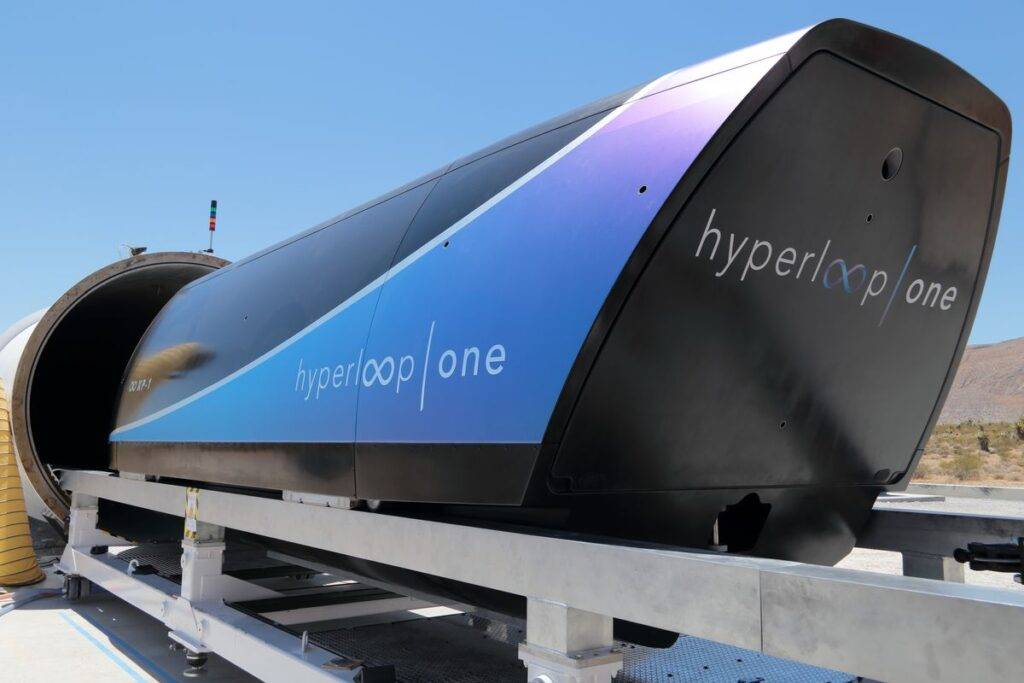Hyperloop One, once a pioneering force in the realm of high-speed transportation, has ceased operations. This company, which aspired to revolutionize cargo and passenger travel, is now closing its doors, marking an end to its ambitious plans.
From Vision to Reality: The Hyperloop One Journey
Founded in 2014, Hyperloop One emerged from the vision of Elon Musk, who imagined a future where pods could transport people and goods through sealed tubes at speeds comparable to airplanes. This concept promised to dramatically reduce travel times over long distances, initially aspiring to connect Europe and China with a high-speed freight service.
In its early years, the company was a beacon of innovation in transportation technology. In 2017, it gained significant momentum and rebranded as Virgin Hyperloop One, following an investment from Richard Branson’s Virgin Group. This partnership symbolized a leap towards realizing the hyperloop dream, combining cutting-edge technology with entrepreneurial spirit.
Shifting Focus and Financial Struggles
However, the journey was not smooth. In a strategic shift, Virgin Hyperloop One decided to concentrate solely on cargo transport, abandoning its passenger transport ambitions. This pivot, which occurred last year, resulted in the layoff of over 100 employees, indicating deeper challenges within the company.
Financial instability plagued Hyperloop One for years. Despite its groundbreaking vision and high-profile backing, the company struggled to secure contracts for a functioning hyperloop system. This lack of commercial traction ultimately led to its downfall.
The Final Chapter
According to reports from Bloomberg and confirmed by Hyperloop One staff, the company has been winding down operations. The majority of its remaining employees have been laid off, with a small team left until the end of the year to manage the sale of its assets, including machinery and test tracks.
Wider Impacts in the Hyperloop Industry
The closure of Hyperloop One is not just a single company’s failure; it reflects broader challenges within the hyperloop industry. Other companies in this sector have also faced significant hurdles, highlighting the difficulty of turning a futuristic concept into a viable, commercial reality.
Looking Ahead: Lessons and Legacies
The end of Hyperloop One serves as a poignant reminder of the gap that often exists between innovative ideas and their practical implementation. The hyperloop concept, while revolutionary, encountered numerous technical, regulatory, and financial barriers that proved insurmountable for Hyperloop One.
Despite this setback, the legacy of Hyperloop One and its vision of high-speed transportation endures. The company’s journey has paved the way for ongoing conversations and research into alternative transportation technologies. While the dream of a hyperloop connecting continents at unprecedented speeds remains unfulfilled, the quest for innovative solutions in transportation continues, inspired by the bold aspirations of Hyperloop One and its contemporaries.

